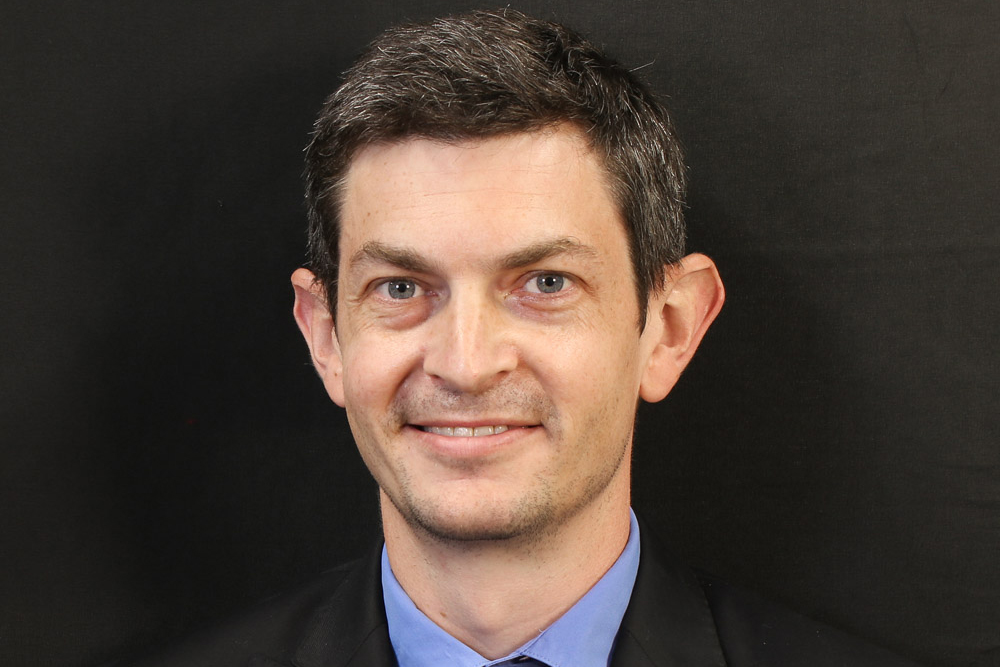Podcast Discussion with a Neurologist
March 18, 2021
In this episode of TVH Health Chat, host Melanie Cole  sits down with Jacob Hall, MD, a neurologist and medical staff member of Temecula Valley Hospital, to discuss brain health and dementia. The 11-minute conversation covers a range of topics, including the different types and causes of memory loss, modifiable risk factors and current medical advances in treating cognitive decline.
sits down with Jacob Hall, MD, a neurologist and medical staff member of Temecula Valley Hospital, to discuss brain health and dementia. The 11-minute conversation covers a range of topics, including the different types and causes of memory loss, modifiable risk factors and current medical advances in treating cognitive decline.
Memory Loss as We Age
Dr. Hall explains that, while every person’s cognitive ability lessens to some degree with the passing of time, memory loss at the level of dementia is not definite for anyone. “I think it is inevitable that all of us, probably starting somewhere in our twenties, will have very gradual and subtle cognitive decline, and that includes a little bit of memory loss. But we're talking about minimal changes that are not disruptive to our lives and don't affect function, that we probably can't avoid, but memory loss that reaches the threshold of dementia probably can be avoided to a certain extent.”
Dr. Hall elaborates on the varying degrees of cognitive decline by separating them into three basic umbrella terms. “There's normal cognitive aging and those sort of mild or minimal symptoms that we discussed. The next major category is mild cognitive impairment, and mild cognitive impairment basically means that either the person themselves or their family members are noticing a subtle cognitive change, and when they undergo cognitive testing, we can see that, objectively, there is more memory loss or more cognitive decline than we would expect for their age. Yet, those people are still functionally independent; they can do all of their activities of daily living without difficulty,” he explains.
“And then the final umbrella term is this concept of dementia, and that just says that the cognitive decline has progressed to the point that they're no longer fully independent with their activities of daily living. So, maybe they can no longer pay the bills on their own or take their medications independently.”
Know the Risks
On the subject of what causes cognitive decline, Dr. Hall emphasizes that, although there can certainly be a genetic component to a person’s dementia, there are many lifestyle risk factors of equal importance. “I think the ones that stand out the most have to do with cardiovascular health, and it's often the things that we typically think of when we're thinking about healthy lifestyles for heart disease and stroke and high blood pressure and so forth,” he explains.
“So, physical activity, exercise or the lack thereof makes a big difference, especially aerobic exercise seems to make a big difference in terms of reducing the risk of cognitive decline. Diet has a big role in that as well. Smoking is a risk factor certainly, excessive alcohol use. There's growing evidence that air pollution is a contributor. Sleep deprivation or poor-quality sleep can be a contributor. And, really, the list goes on and on from there.
How to Sustain a Healthy Brain
In addition to exercising more often and eating better, Dr. Hall states there are plenty of other activities and lifestyle changes that can help manage the risk factors of cognitive decline. “All of those risk factors I just mentioned, or at least most of them, are modifiable. It means there are things we can do to reduce those risk factors, like brain games and crossword puzzles. There is still some evidence that those things are helpful."
"At a minimum, we say it's important to stay socially active and cognitively active,” says Dr. Hall. “And, really, that's pretty broadly defined. So that just means do what is engaging and stimulating and fun for the person doing it. It doesn't necessarily have to be Sudoku or crossword puzzles, just whatever's good for that person."
